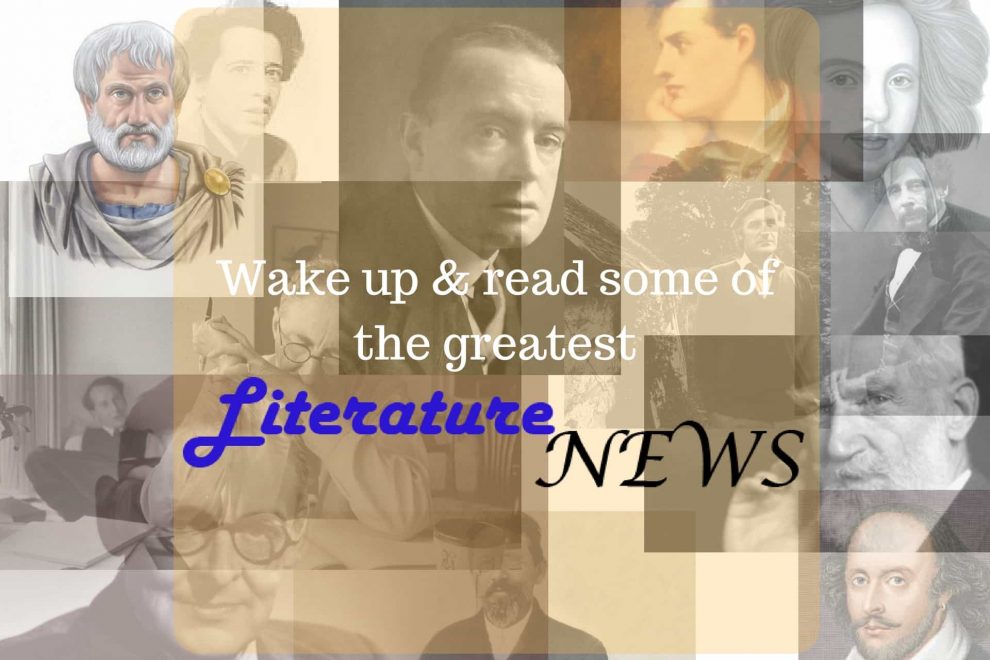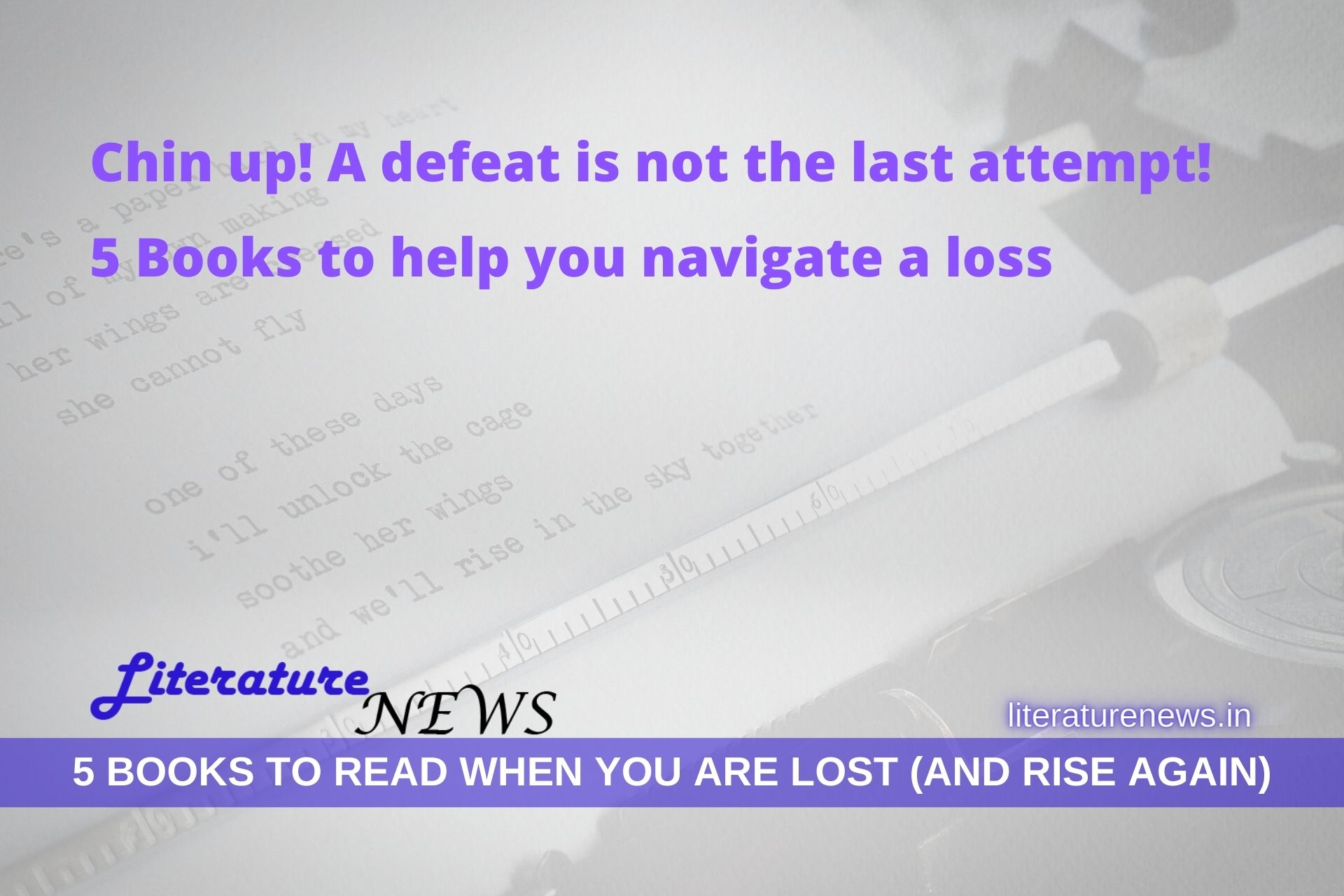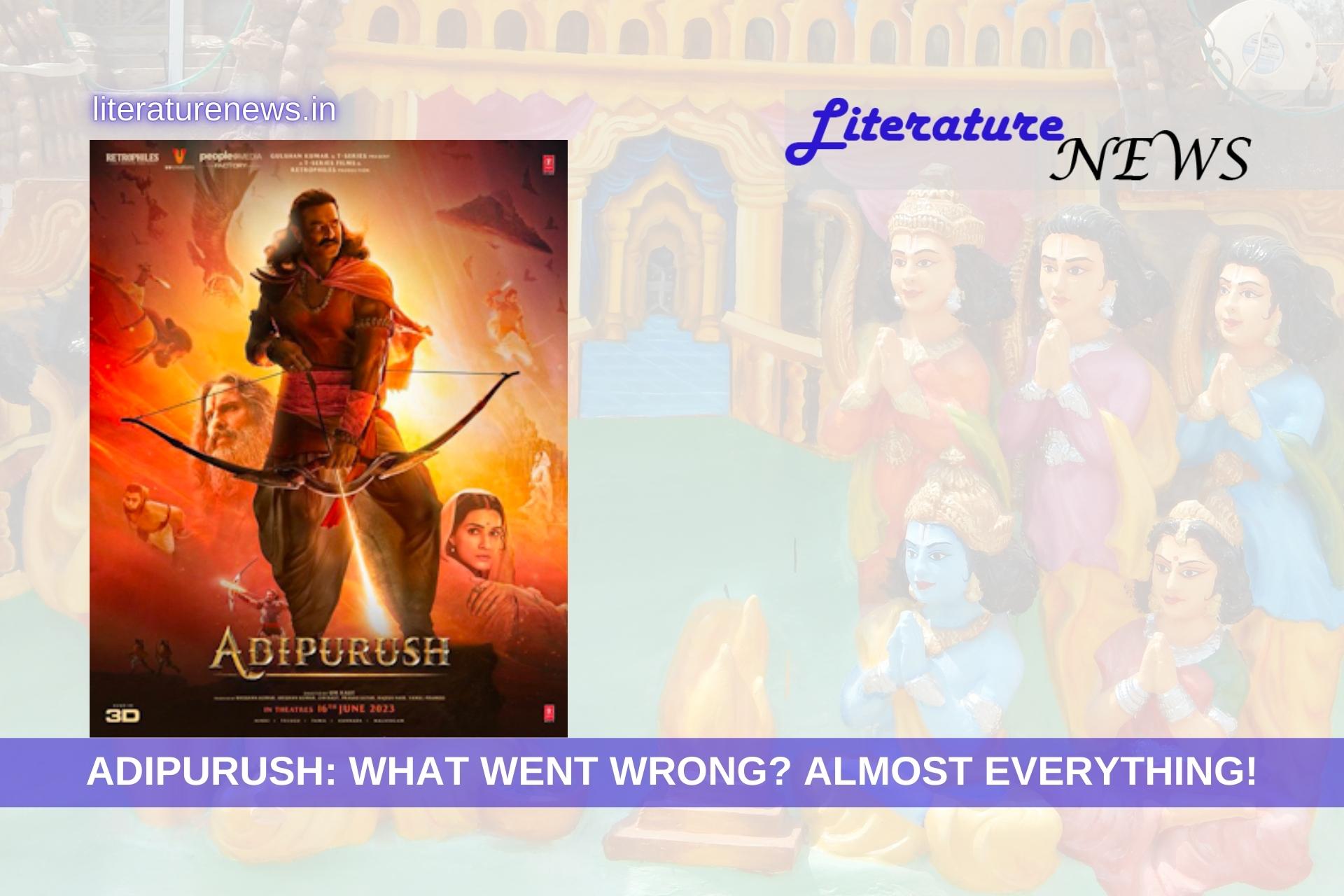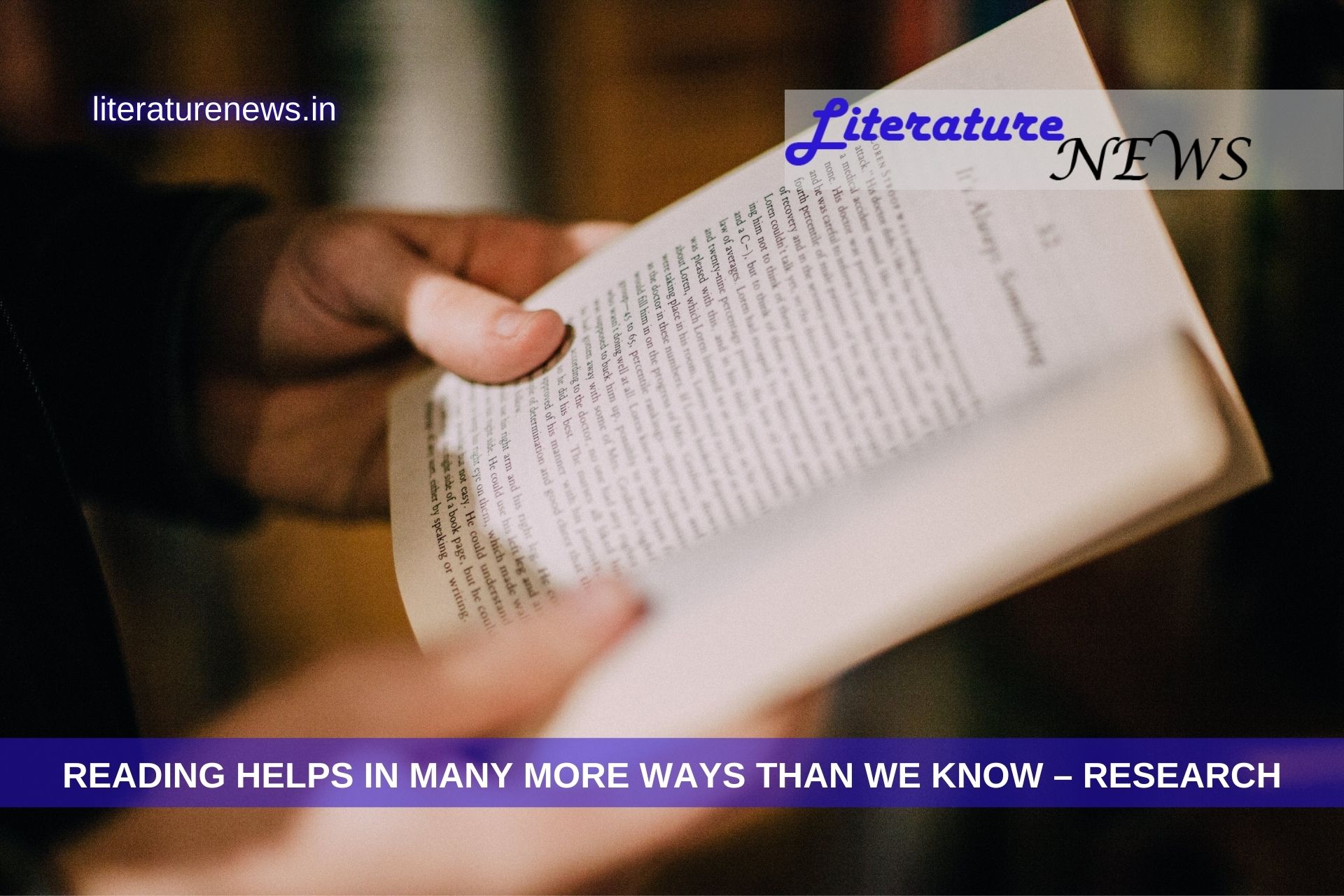What is classic? Sorry, let me bring it closer to the dimension I am interested in – I am interested in classic in literature. Now, do let me know, please. What is classic? Should a ‘classic’ for my grandfather be equally ‘classic’ to me? My mother’s mother liked poems of Dylan Thomas. For her also, Austen was classic. For me also, supposedly, Jane Austen MUST be equally classic. I dare ask it and I know my question would send ripples very far. Why should I assume Austen’s novels as classics? Why should, at all, I, as a norm, read and pretend to accept them as classics and appreciate them? Why should I also tell my daughter, “you know darling, Austen is a classic novelist!” Why am I supposed to like Dickens the same way as he was liked by my professor? Is there a gold standard for the classic? Literature can be bizarre at times, let me admit it and request you all to admit the same. What makes a piece of literature classic? It is the timelessness and it is the appeal which remains intact, irrespective of the passing time. What do you find in Austen today? Except marriage and matchmaking and, at times, confused sense of relationships?
This question emerges in my mind every time I browse the pages of a supposed classic which is imposed upon the readers of this generation (by me as well) – why should they read some literature which is outdated and does not, at all, carry the sentimental synchronisation? Leave alone reading part, why are these pieces of literature served as ‘classics’ as if these are the gospels of creative writing and everything contemporary is just trash! Is it the right attitude, dear readers? Should the readers be suppressed just by the weight of a particular novelist or poet or dramatist?
In literature, there must not be any biases. So-called readers of the classics pass their judgement on the contemporary fiction without even reading and they expect the modern readers to read something which is just not relevant to readers today. For a scenario, take the example of Emma. Is it anywhere a readable and enjoyable novel today? A girl confused about her interests and acting as a matchmaker and end up marrying a guy she thought could be a match for someone else – what is else in the novel? And why should a reader, who just read Dan Brown, enjoy it? And on what grounds? To the modern readers, these novels will appeal nothing more than an over-rung bell which does no more create that sonorous tune but just a broken record comes out – classic!
Let’s be honest and admit it widely. The classics were confined. They did not represent anything which went against the then rules and when someone tried it, the writer was either banned or just shunned into oblivion. D. H. Lawrence’s novels are great examples of that category and so is the piece, Jude the Obscure, by Thomas Hardy.
Today’s fiction, on the other hand, is rebellious enough to take on the rules and societal norms. Maybe this is the rebellion that the aged ones don’t like and they are ‘abusing’ contemporary literature without any solid foundation for their criticism. Am I right? I may be wrong as well.
Let me ask a direct question to all of you. Would you dare reading Lawrence Stern’s Tristram Shandy today? Raise your hands, please! That answers the question clearly enough. David Copperfield might be seen as a piece of classic literature at the time when it was published and young but now the time, as well as the people, have moved on and so has the society been doing. Until we take the past for example and only do an occasional comparison just as much as the good stands, that’s fair. We cannot always have the Homeric or Virgilian touchstone! Let’s be realistic for a moment and we will realise that we have been doing injustice with the modern authors who try their best to represent the society as best as they can.
By the way, I also enjoyed reading Homer and Virgil and Ovid and Dante. However, if I read them the second time, it makes no sense at all. Those tall translations by Chapman have no effect on me, anymore. If I die comparing, neither can I write nor can I read! So, let’s indulge in some fair play of literature without bothering anyone. If someone likes the contemporary and does not give a hoot to the ‘classics’, let that person enjoy the personal liberty! Don’t judge.
written by Alok






Really, this is the most disputable topic in the field of literature to agree on a concern that what really is called classic. Even some of the modern novels are classic like lord of the flies and many more. I think classic stands for certain kind of work ethics followed by the author. You have done a wonderful job here to guide us through different dimensions.